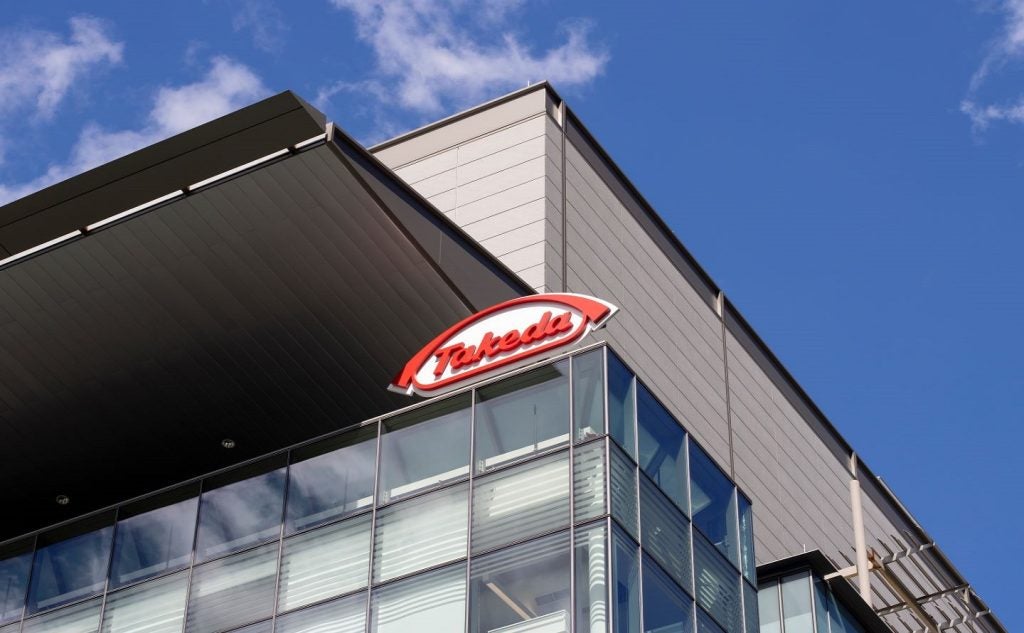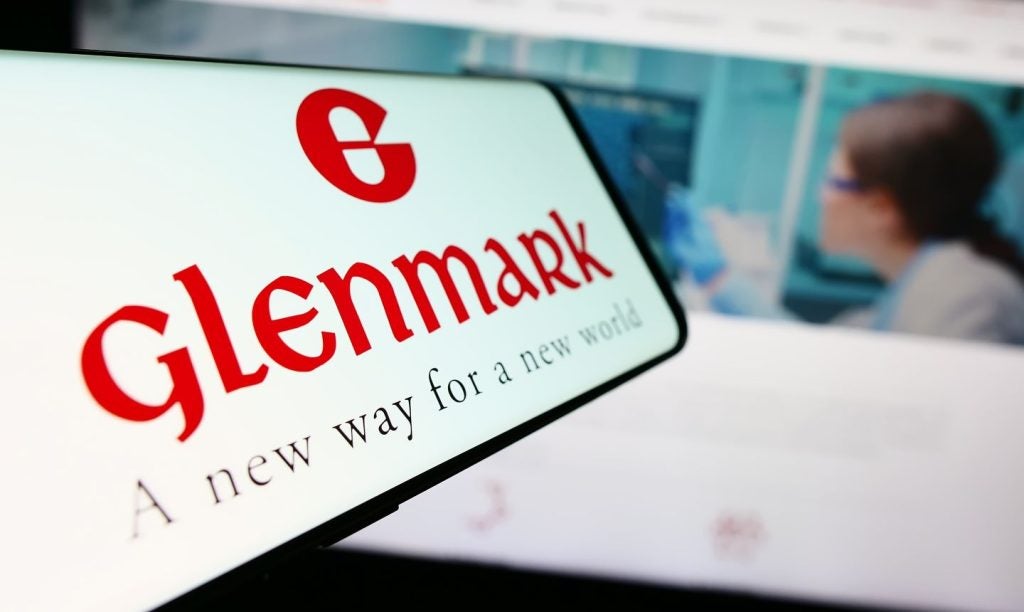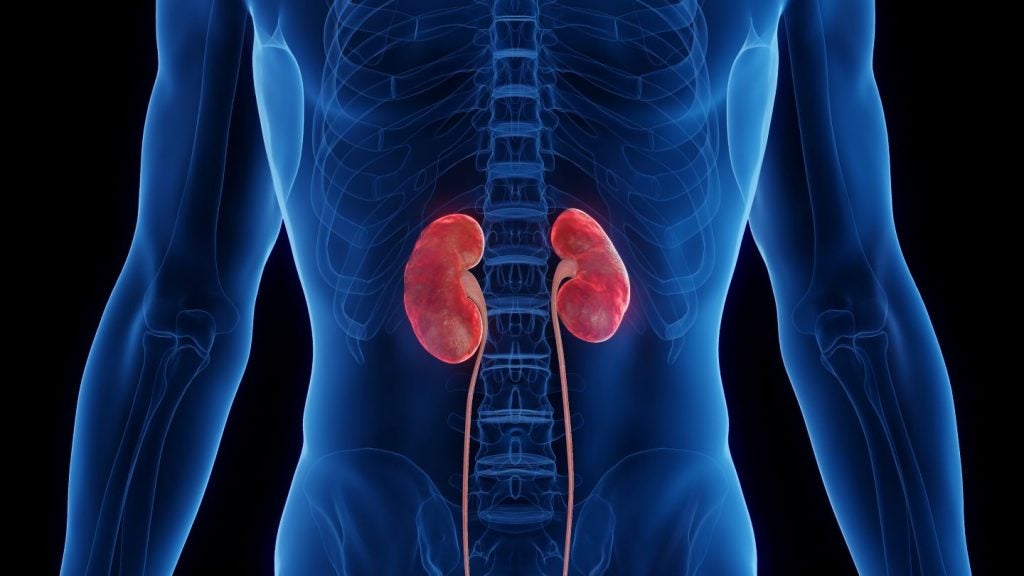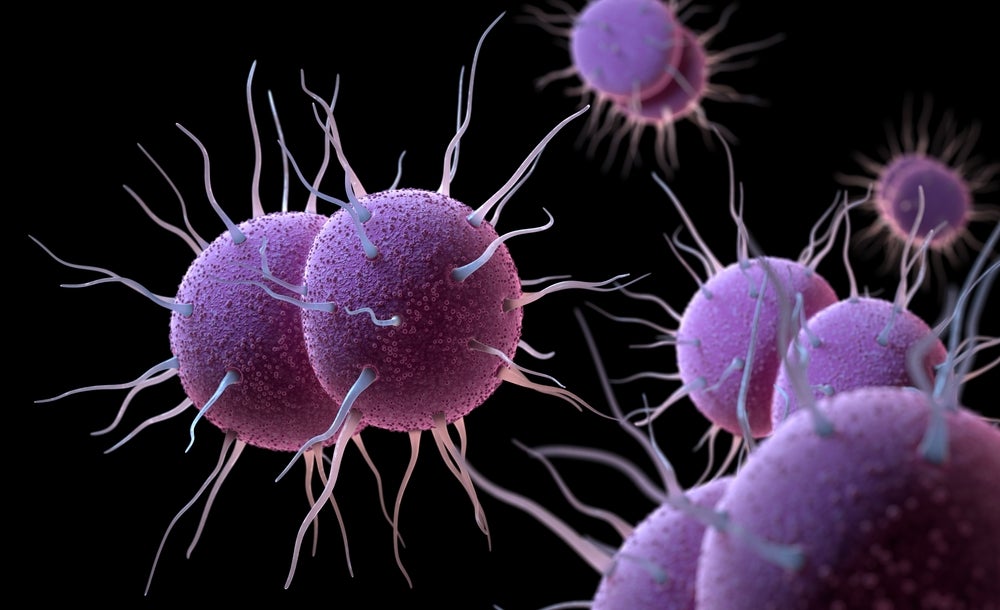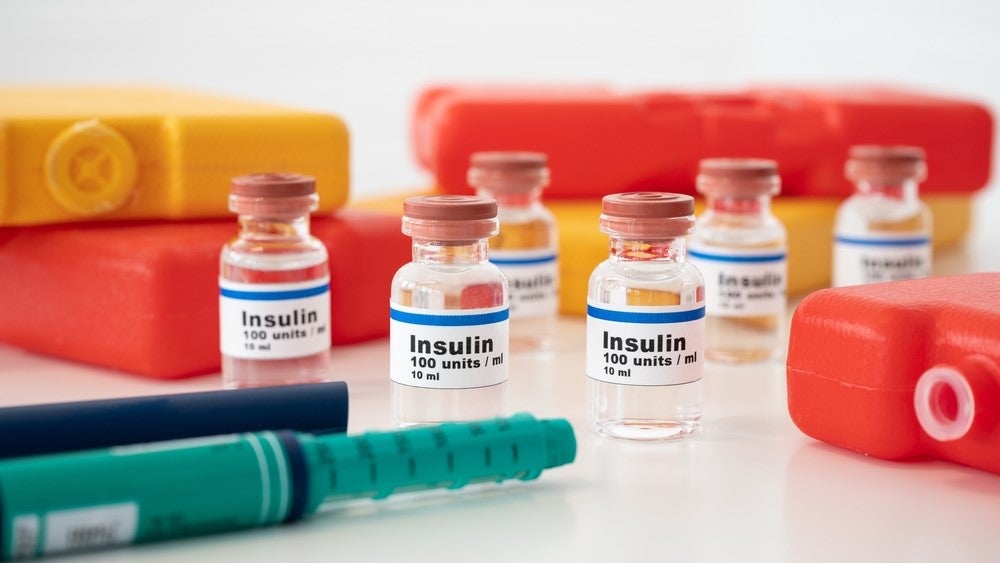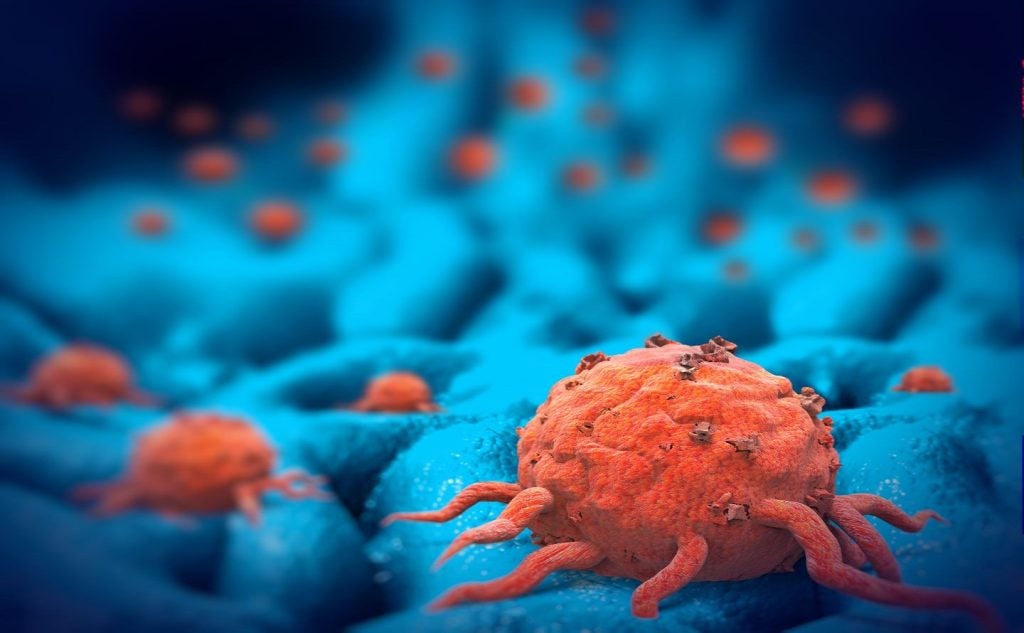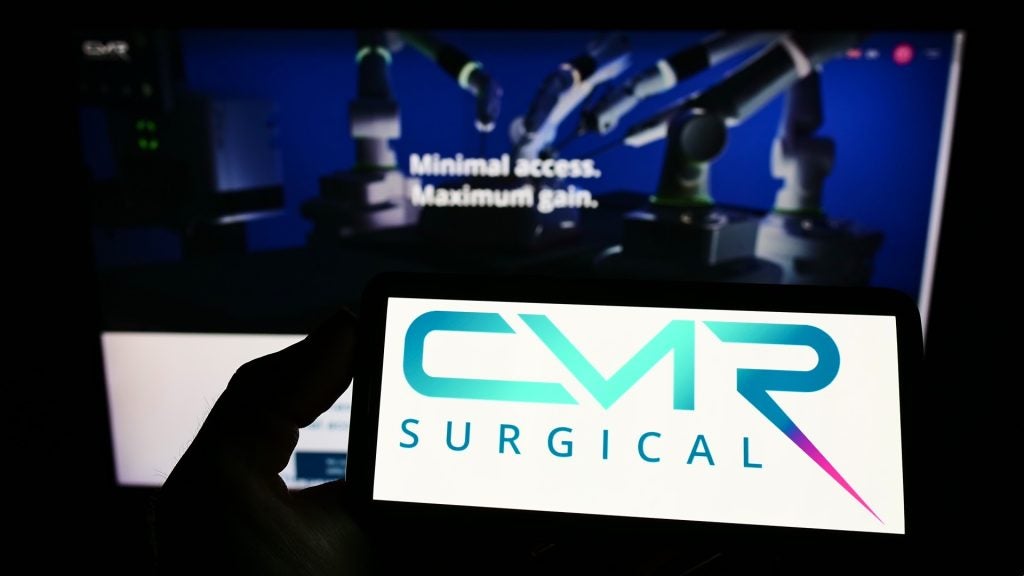The US Food and Drug Administration (FDA) has accepted Takeda’s new drug application (NDA) resubmission for TAK-721 (budesonide oral suspension) for the short-term treatment of eosinophilic esophagitis (EoE), for review.
EoE is a chronic, immune-mediated, inflammatory disease localised in the oesophagus.
TAK-721, a new mucoadherent topically active oral viscous formulation of budesonide, is an investigational treatment for EoE. It is intended to treat the localised oesophageal inflammation caused by EoE.
Takeda’s resubmission aims to respond to the FDA's prior feedback on its original NDA submission.
Meanwhile, the company is anticipating the FDA decision in the first half of next year.
Takeda US Medical for Gastroenterology head and vice-president Vijay Yajnik said: “Over the past several months, we have reanalysed the TAK-721 clinical data and pursued a dialogue with the FDA because we recognise EoE patients need additional therapeutic options.
“As a result of that constructive discussion, we have resubmitted our NDA with a revised proposed indication, for short-term treatment of EoE.”
In December 2021, Takeda received a complete response letter from the FDA in relation to its NDA for TAK-721 intended for the treatment of EoE.
The FDA concluded its review of the TAK-721 NDA and found it unsuitable for approval in its current form.
Furthermore, the FDA suggested conducting an additional clinical study to address its feedback.


